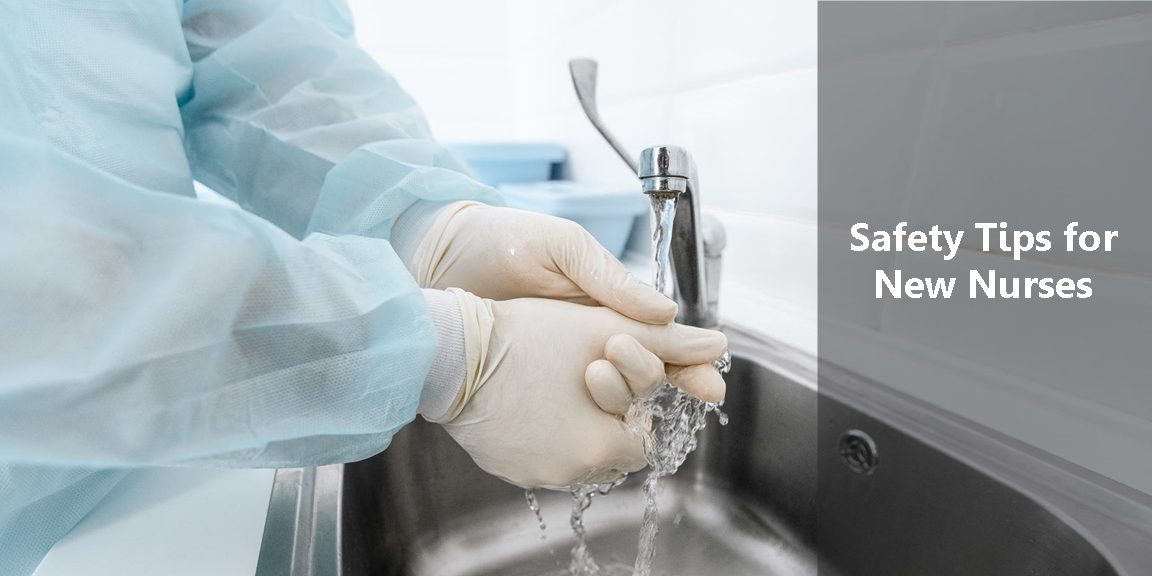When it comes to healthcare, there are no two ways that patient safety should be a top priority at all times. However, due to different factors such as lack of knowledge or training, work pressure, distractions or interruptions during work, nurses may put themselves or the patients in an unsafe situation inadvertently.
If you are new to nursing and still learning the ropes, here is a useful read that promotes patient safety and your safety too:
- Learn to lift patients properly: Use safe patient handling techniques. Also, if needed seek help from others or use a mechanical assist device that ensures patient safety and reduces the compression strain on the spine.
- Be careful with sharp objects and hazardous body fluids: Always follow safety protocols to reduce the risk of blood/body fluid exposure and needlestick/sharp injury.
- Store medications and supplies carefully: Always store medicines and supplies as per the instructions mentioned on the packaging. Store them in safe and proper places so that unauthorised persons do not have access to medications or supplies.
- Follow the 8 Rs while administering medication: If administering medication, check and double-check that the medication, dosage, and patient are correct before moving forward. Even a small error can have life-threatening consequences. Here we have rounded 8 Rs of medication administration that can help administer medication effectively:
- Right patient
- Right medication
- Right dose
- Right route
- Right time
- Right documentation
- Right response
- Right to refuse
Benefits of using eMAR charts in medication administration
eMAR charts or electronic medication administration records are the electronic versions of MAR nursing charts previously used in many healthcare facilities in the UK. Many nursing facilities are now switching to eMAR as it allows nurses to access all information about residents before administering medication.
- eMAR sends alerts to nurses before medication rounds – it ensures no dosage is missed.
- It can be linked directly to pharmacy software, submitting an order for a new prescription.
- eMAR serves as a route of communication among nurses, supervisors and doctors in the facility.
- Only authorised persons can access eMAR, making it safer than paper MAR charts.
- eMAR charts can be accessed remotely
To know more about the benefits of eMAR in the healthcare setting, book a demo today.
- Call for help if and when needed: As a nurse, you must understand the policies regarding dealing with combative or threatening patients. If you think that the situation at hand is not under your control, you should immediately call for help.
- Make sure that the patient’s room is clean: If there are any spills, get the housekeeping team to clean them immediately. Make sure that the patients avoid the area until it is cleaned.
- Get a better understanding of emergency procedures: You should know whom to inform in case of an emergency. Make sure you understand all procedures and protocols. For instance, you should know the best ways to exit the building in case of an emergency.
- Practice proper hand hygiene: In a rush to get things done quickly, never overlook hand hygiene. Always wash hands after interacting with different patients. Disinfect gloves and other safety gear after contact with hazardous substances.
- Wear a face mask: Use a mask when caring for and working with patients who may have contagious conditions or unknown illness.
- Do not ignore burnout signs: It is common for nursing staff to feel physically and mentally exhausted when they are doing the same job day in and day out. If you feel overly exhausted, consult your supervisor and ask for backup. Exhaustion can often result in medication errors that may compromise patient safety.







